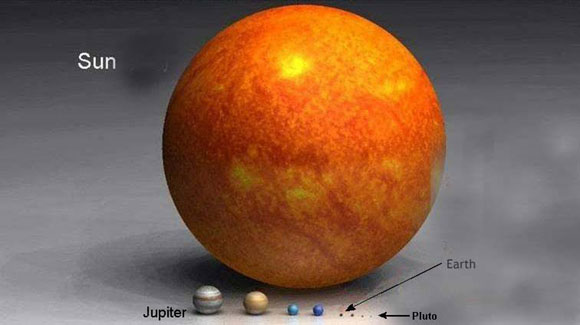
The K.B. stands for Kuiper Belt. SCIENTIST HUMOUR.
I picked up a compendium of H.P. Lovecraft’s short stories a couple of weeks ago – mainly so that I could amuse myself by playing Lovecraft Bingo (counting how many times he uses words like ‘accursed’, ‘pnakotic’ and ‘squamous’ ) – and ended up being rather amused when I came across the story “The Whisperer in Darkness”. This consists of about sixty pages of the usual confused rambling while the reader waits for him to get to the damn point already, but ultimately turns out to be about advanced aliens from Pluto who have set up a mining colony in the furthest reaches of the American hills that they’re trying to keep secret. This brought a wry smile to my lips for two reasons:
- Lovecraft’s shameless attempt to piggyback off of something that was very much part of the public zeitgeist at the time, what with him starting this story the same month that Pluto was discovered. It’s the literary equivalent of somebody sticking dark matter into their awful sci-fi novel because they think it sounds exotic and dangerous.
- That there was ever a time when people thought Pluto was an important place that might support life of any kind.
The whole Pluto “controversy” a few years ago stems from a variety of roots: a bureaucracy which ran a sloppy vote, scientists with vested interests and pet theories on both sides of the argument, and – bizarrely – a great deal of public sentiment for what is essentially a lump of ice and rock out in the middle of nowhere. If you want to trace it back to the beginning, though, you have to start with the discovery of Pluto in 1930. Are you sitting comfortably? Time to Listen with Mother.
Continue reading →





